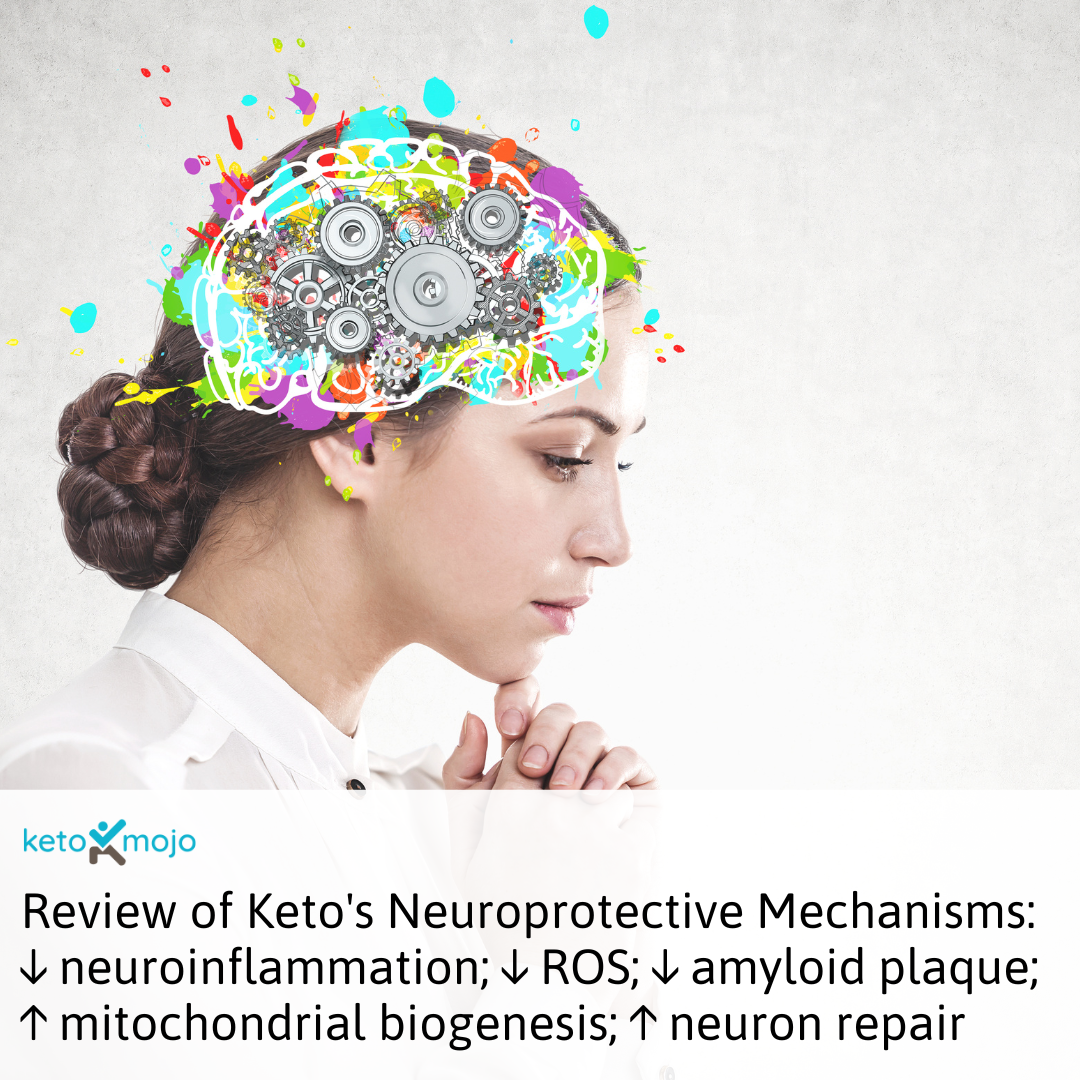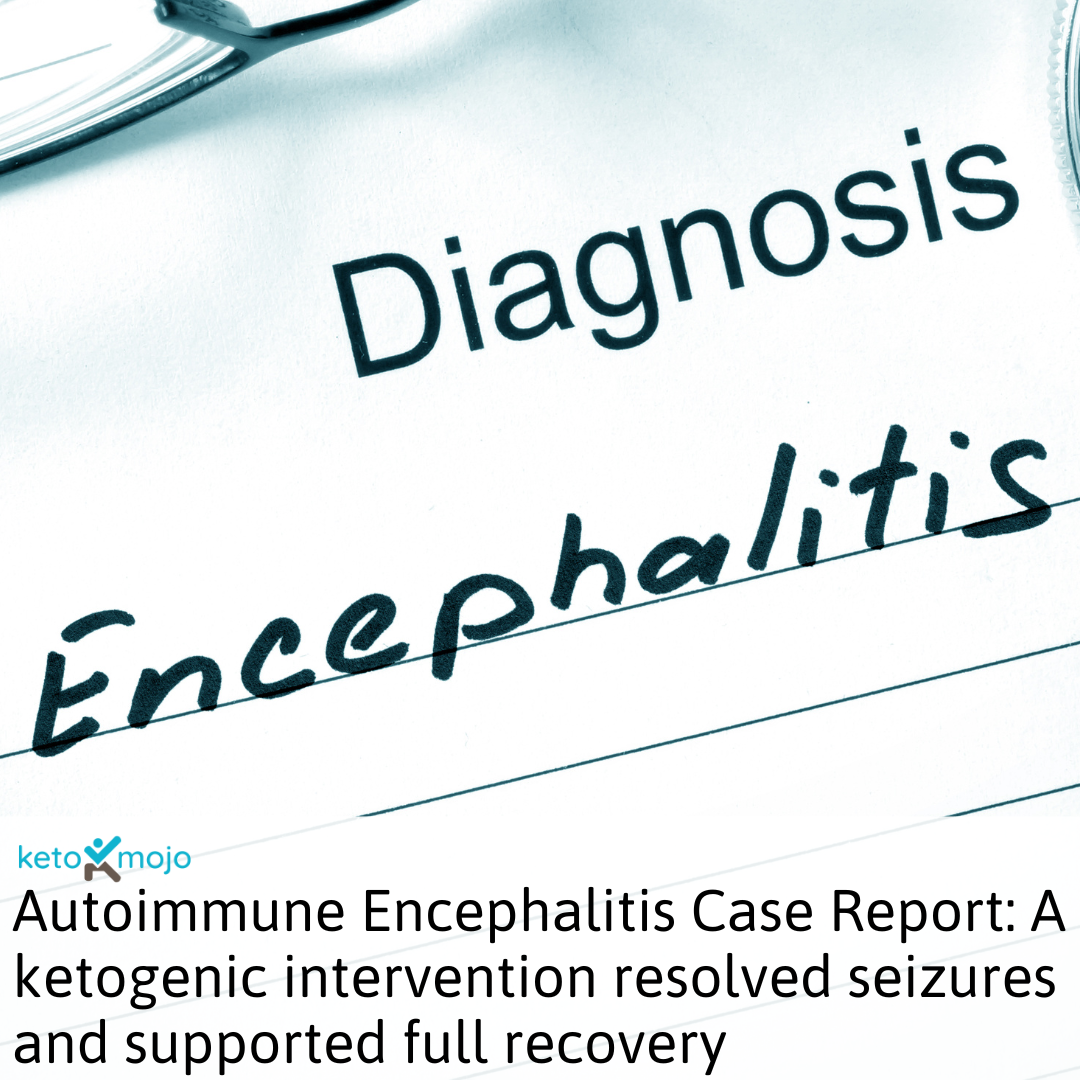Neurology
The Relationship of Ketogenic Diet with Neurodegenerative and Psychiatric Diseases: A Scoping Review from Basic Research to Clinical Practice

The ketogenic diet is used as a therapy for epilepsy, obesity, and diabetes. Its potential anti-inflammatory and neuroprotective properties could be beneficial for neurodegenerative and psychiatric disorders as well.
In a review recently published in Nutrients, researchers conclude that laboratory studies have identified various molecular mechanisms through which the ketogenic diet may exert neuroprotective effects, such as inhibiting neuroinflammation, reducing reactive oxygen species production, decreasing amyloid plaque deposition and microglial activation, protecting dopaminergic neurons, suppressing tau hyper-phosphorylation, stimulating mitochondrial biogenesis, enhancing gut microbial diversity, restoring histone acetylation, and promoting neuron repair.
Clinical evidence, however, is limited to small sample sizes and short-term effects and often suffers from a lack of compliance assessment. Large, long-term, well-designed clinical trials are needed to understand the potential of the ketogenic diet in attenuating or treating neurodegenerative and psychiatric diseases.






